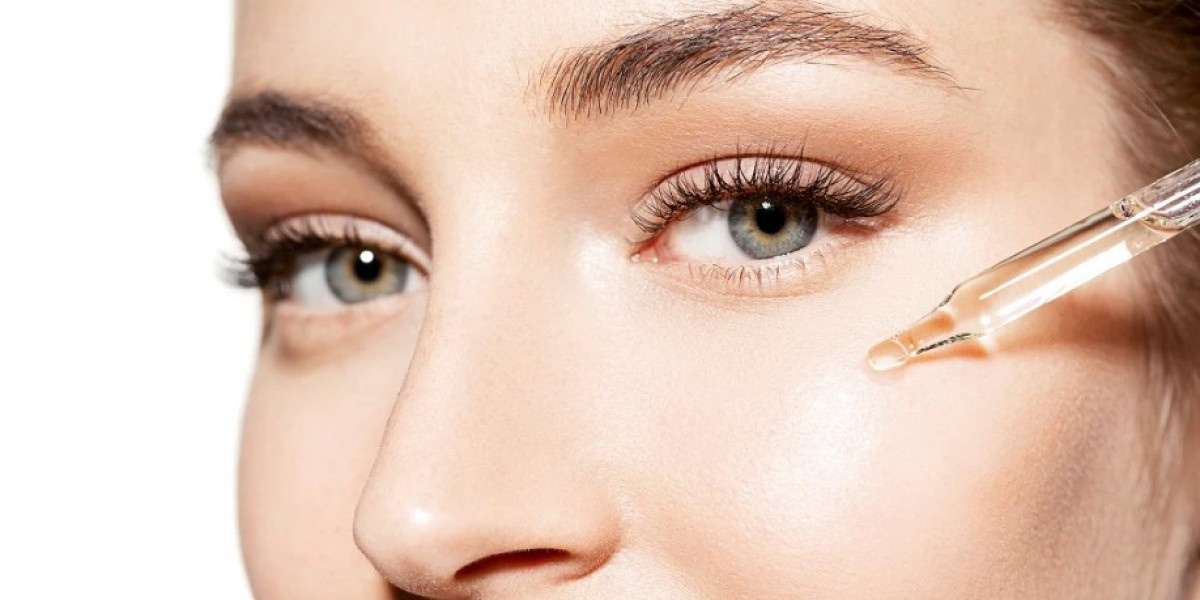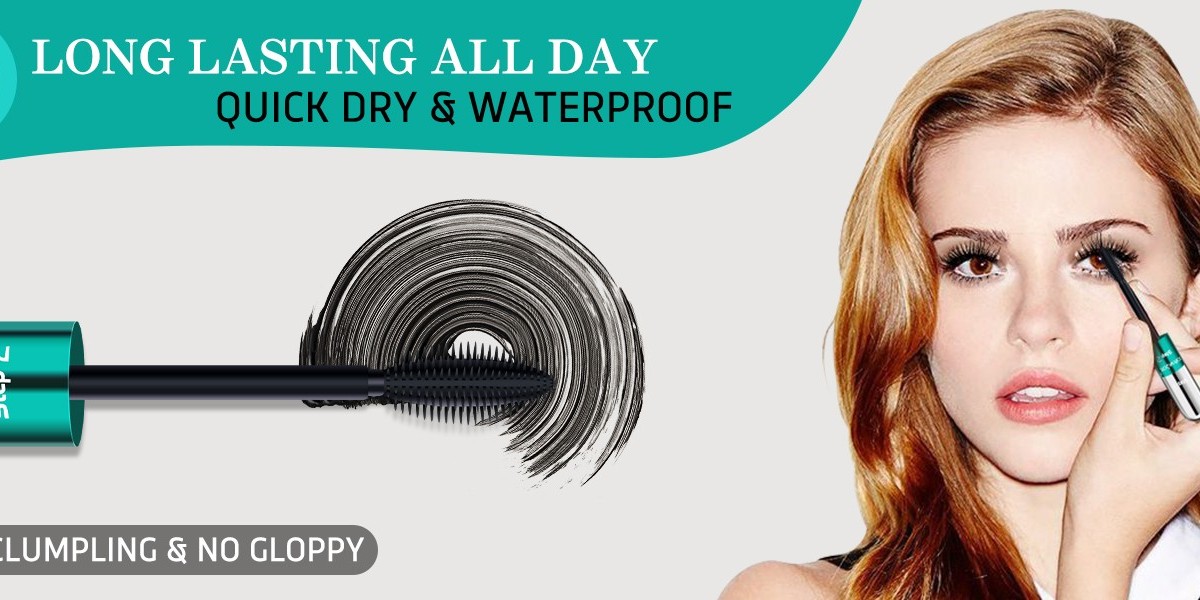Sun protection is crucial for maintaining healthy skin and preventing sun damage, premature aging, and skin cancer. Here are some sun care recommendations to help protect your skin from the sun's harmful UV rays:
Broad-Spectrum Sunscreen: Choose a broad-spectrum sunscreen that offers protection against both UVA and UVB rays. Look for a sunscreen with a minimum SPF (sun protection factor) of 30, which blocks approximately 97% of UVB rays. Apply sunscreen generously to all exposed areas of the skin, including the face, neck, arms, and legs, and reapply every two hours, or more frequently if swimming or sweating.
Water-Resistant Formula: If you'll be swimming or participating in water activities, opt for a water-resistant sunscreen that can withstand exposure to water for up to 40 or 80 minutes. Remember to reapply sunscreen immediately after toweling off or sweating to ensure continued protection.
Daily Use: Sunscreen should be applied every day, even on cloudy or overcast days, as UV rays can penetrate through clouds and cause sun damage. Incorporate sunscreen into your daily skincare routine by applying it after moisturizer and before makeup.
Facial Sunscreen: Use a sunscreen specifically formulated for the face, which is often lighter in texture and less likely to clog pores or cause breakouts. Look for facial sunscreens with non-comedogenic and oil-free formulas, especially if you have oily or acne-prone skin.
Reef-Safe Sunscreen: If you'll be swimming in the ocean, choose a reef-safe sunscreen that is free from oxybenzone and octinoxate, two chemicals known to harm coral reefs and marine life. Look for mineral-based sunscreens containing zinc oxide or titanium dioxide, which are less harmful to marine ecosystems.
Sun-Protective Clothing: In addition to sunscreen, consider wearing sun-protective clothing, such as long-sleeved shirts, wide-brimmed hats, and sunglasses with UV protection, to provide additional coverage and reduce sun exposure to the skin.
Seek Shade: Whenever possible, seek shade during peak sun hours, typically between 10 a.m. and 4 p.m., when UV radiation is strongest. Stay in the shade, especially if you're outside for extended periods, and take breaks indoors to minimize sun exposure.
Avoid Tanning Beds: Avoid using tanning beds or sunlamps, as they emit harmful UV radiation that can increase the risk of skin cancer and accelerate skin aging. Opt for sunless tanning products or spray tans for a safer, sun-kissed glow.
Regular Skin Checks: Perform regular self-examinations of your skin to monitor for any changes in moles, freckles, or skin growths. If you notice any suspicious changes, such as asymmetry, irregular borders, changes in color or size, or itching or bleeding, consult a dermatologist for evaluation.
Consult a Dermatologist: If you have specific skin concerns or a history of skin cancer, consult a dermatologist for personalized sun care recommendations and regular skin cancer screenings. A dermatologist can assess your skin type, lifestyle, and sun exposure habits and recommend appropriate sun protection measures and skincare products tailored to your needs.
By following these sun care recommendations and practicing sun-safe behaviors, you can help protect your skin from the damaging effects of UV radiation and maintain healthy, radiant skin for years to come.
https://ourpostalcode.com/what-is-the-difference-between-a-charter-flight-and-a-regular-flight/
https://ourpostalcode.com/what-are-the-best-free-vpns/
https://ourpostalcode.com/philippines-postal-codes/
https://trendybeauti.ae/products/cerave-moisturizing-cream-for-dry-skin
https://trendybeauti.ae/products/cerave-am-facial-moisturizing-lotion-3-fl-oz
https://trendybeauti.ae/products/cerave-sa-body-lotion-for-rough-bumpy-skin






